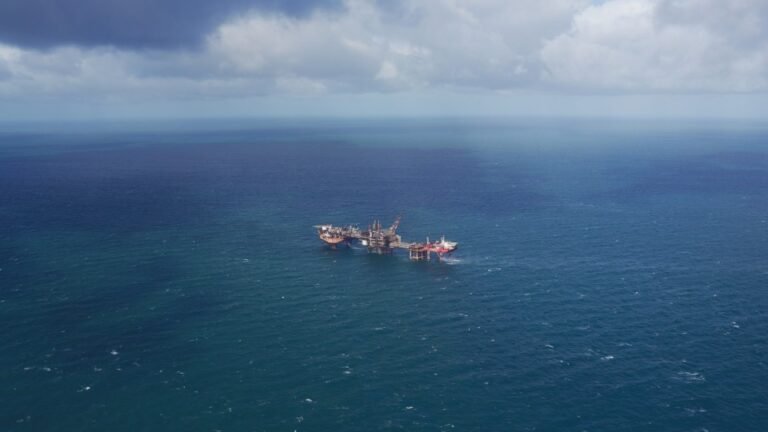Eni Awards Saipem Contract for Liverpool Bay CCS Project
Italy’s energy major Eni has awarded a contract to compatriot engineering, drilling, and construction services giant Saipem for a carbon capture and storage (CCS) project in northern England. Saipem expects the contract for the Liverpool Bay CCS project to total around €520 million over the three years required for its completion. The project will serve as the backbone of the HyNet industrial cluster, situated in what is said to be one of the UK’s most energy-intensive industrial districts.
CO2 will be captured from plants across North West England and North Wales and transported through new and repurposed infrastructure to permanent storage in Eni’s depleted natural gas reservoirs, located under the seabed in Liverpool Bay in the Irish Sea. Saipem’s scope of work entails the engineering, procurement, construction (EPC), and assistance to the commissioning of a new CO2 electrical compression station, which will be integrated with the offshore and onshore segments of the overall development.
More specifically, the Italian engineering player is set to convert a traditional gas compression and treatment facility at Point of Ayr, in north Wales, into a CO2 electrical compression station, allowing for permanent CO2 storage in offshore depleted fields under Liverpool Bay. Eni intends to use the Hamilton, Hamilton North, and Lennox fields for this purpose.
The project is expected to generate over 1,000 jobs locally during the construction period. According to Saipem, it will also guarantee emissions reductions from industries in the Northwest of England and North Wales, helping the country meet its net-zero objectives.
Offshore platforms will be repurposed as part of the project, as well as 149 kilometers of onshore and offshore pipelines. Additionally, 35 kilometers of new pipelines will be built to connect industrial emitters to the Liverpool Bay CCS network. This latest development comes after Eni reached financial close with the UK’s Department of Energy Security and Net Zero (DESNZ) for the Liverpool Bay CCS project, allowing it to move to the construction phase.
Shortly after that, the North Sea Transition Authority (NSTA) issued three carbon storage permits to Eni for the CCS project, enabling the development of a 109 million tonne CO2 storage system over 25 years.

